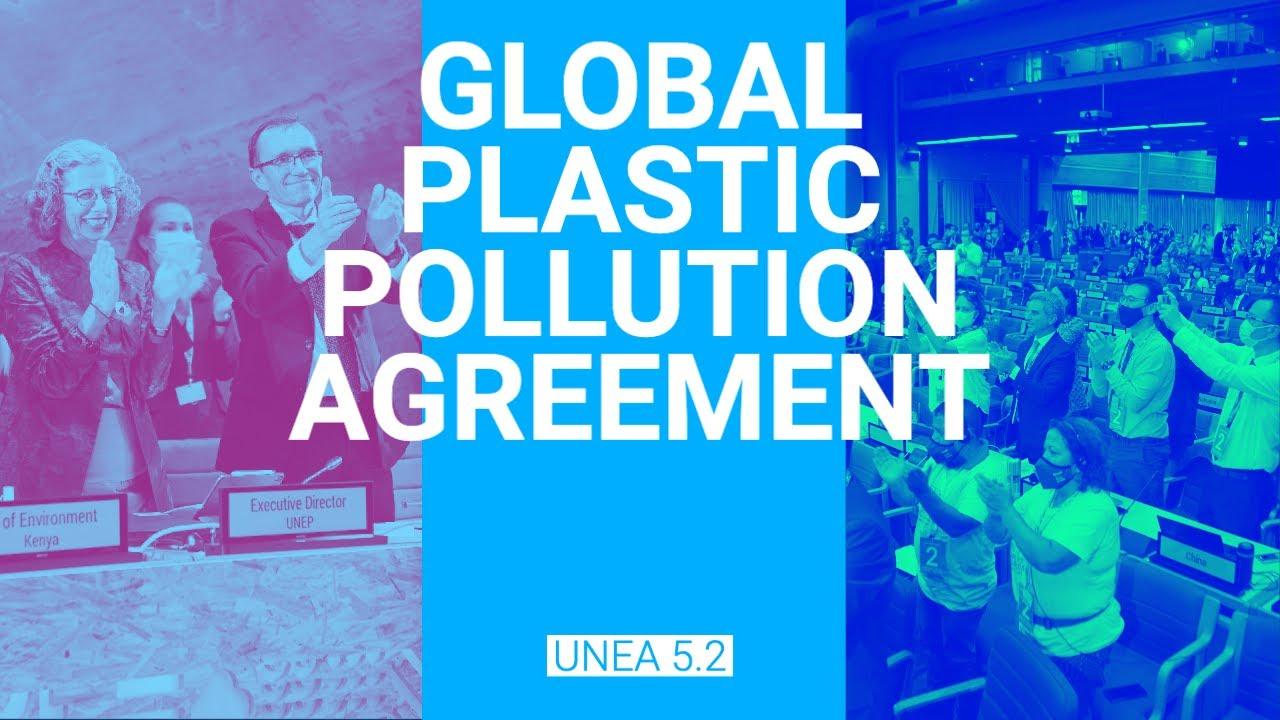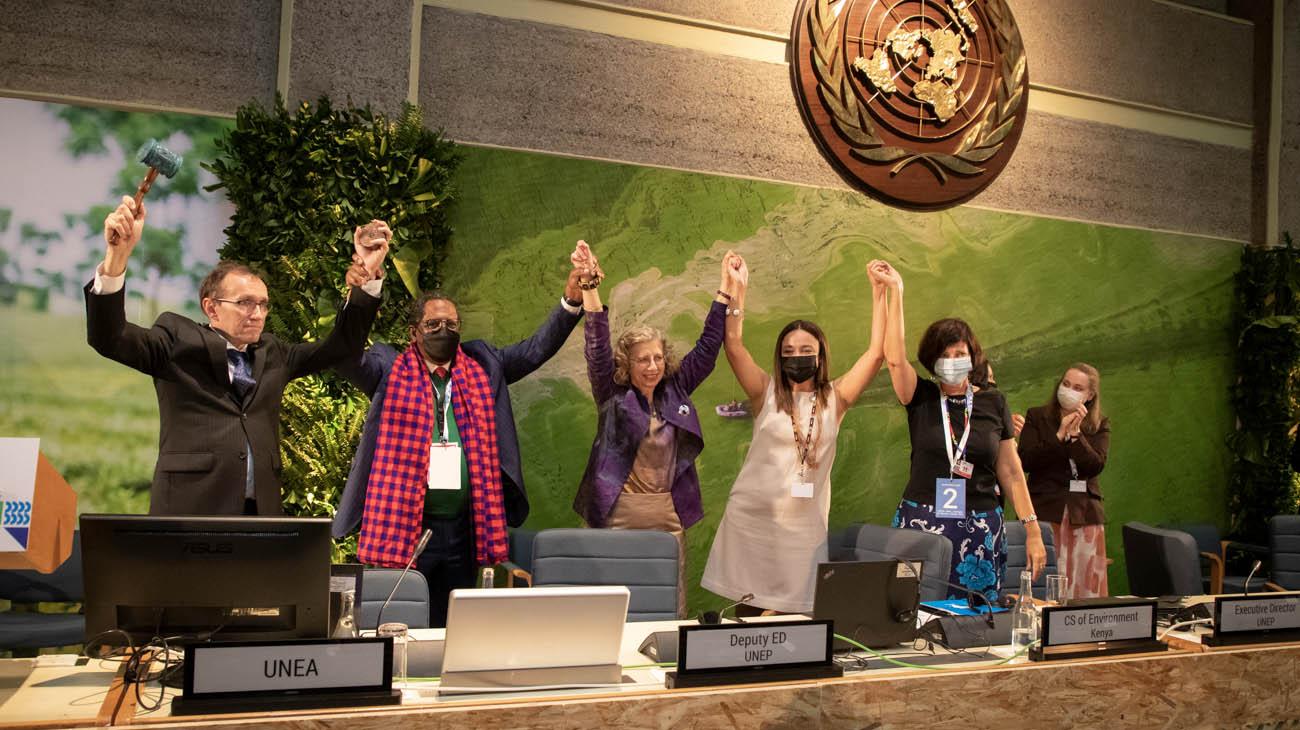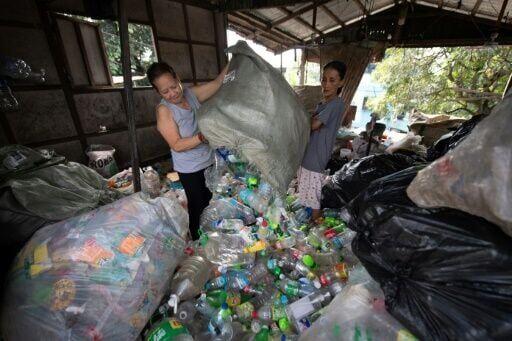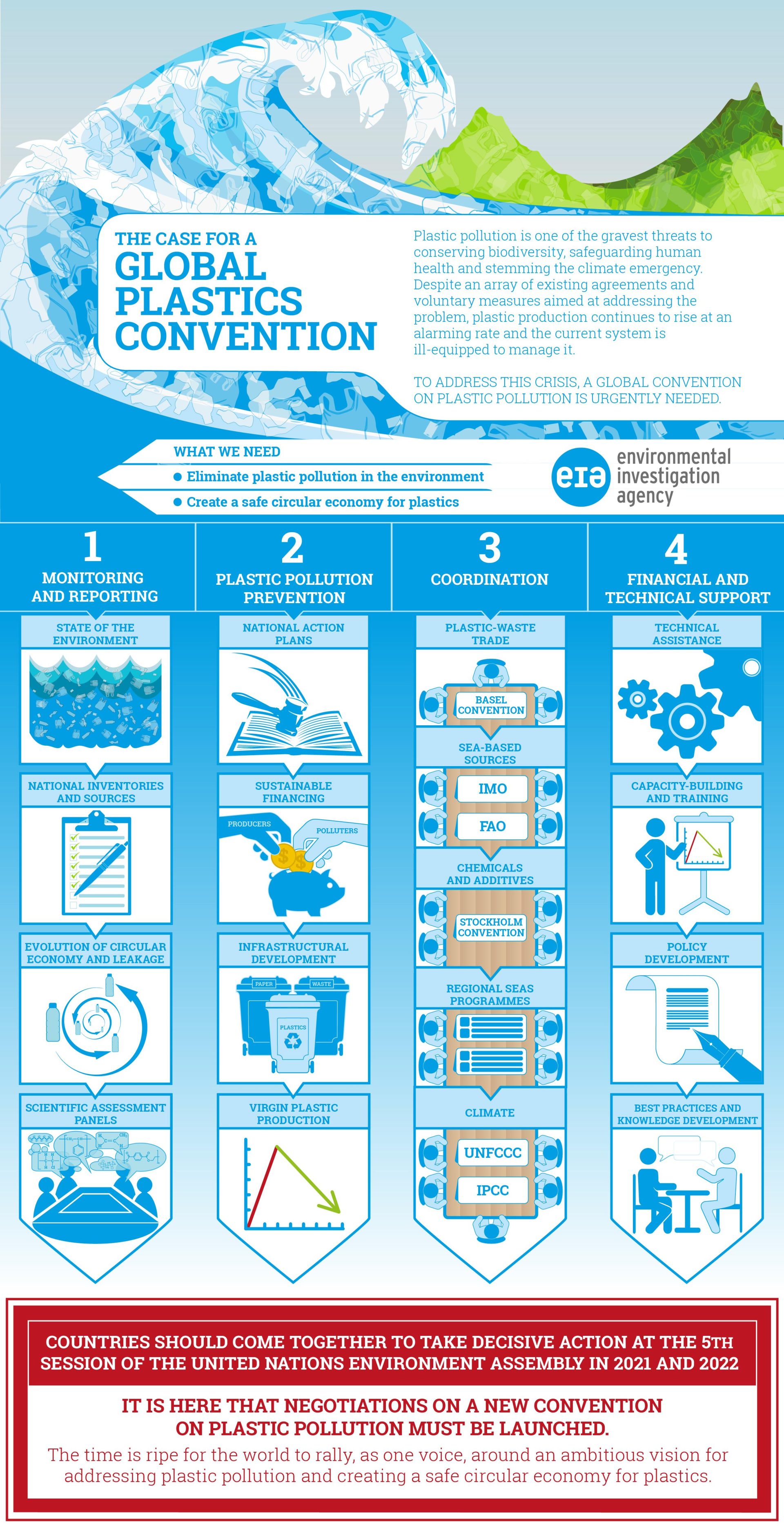Overview of the Plastic Pollution Crisis and the Need for Global Action
The escalating plastic pollution crisis poses a significant threat to our oceans, wildlife, and human health. With an estimated 300 million tons of plastic produced annually, the vast majority ends up in landfills or the environment, leading to devastating consequences. Microplastics, often invisible to the naked eye, infiltrate our food chain and ecosystems, impacting marine life and raising concerns about potential health risks for humans. The urgency for action is evident, as the ramifications of inaction extend far beyond the immediate harm to wildlife; they affect future generations and the sustainability of our planet.
Global cooperation is essential to combat this crisis effectively. The United Nations has recognized the significance of this issue, prompting the development of international treaties aimed at reducing plastic waste and enhancing waste management practices. Key components of these discussions include:
- Establishing binding targets for plastic production and waste reduction
- Improving waste management systems in developing nations
- Encouraging innovation in sustainable materials and alternatives
- Promoting public awareness campaigns to reduce plastic consumption
As nations gather to negotiate these pivotal agreements, the momentum generated by collective action could pave the way for a cleaner, healthier planet, steering us towards a more sustainable future free from plastic pollution.

Key Objectives and Strategies Discussed in the South Korea Treaty Talks
The recent treaty talks held in South Korea focused on a series of vital objectives aimed at addressing the escalating crisis of plastic pollution worldwide. Delegates from various nations convened to push for binding commitments that would significantly reduce plastic waste entering oceans and waterways. Among the chief goals outlined were:
- Establishing legally binding targets for member states to cut down plastic production and consumption.
- Enhancing waste management systems to improve recycling rates and minimize landfilling of plastics.
- Promoting innovation in alternative materials and sustainable packaging solutions to reduce dependency on single-use plastics.
- Fostering international cooperation and knowledge-sharing on best practices to combat plastic pollution effectively.
In addition to these goals, the talks emphasized the importance of a comprehensive monitoring framework to track progress and ensure accountability among member nations. Strategies discussed included the development of public awareness campaigns aimed at educating communities about the impacts of plastic pollution, and the introduction of incentives for businesses that adopt sustainable practices. As negotiations advance, the commitment to a collective global response remains paramount, signaling a unified effort to tackle one of the most pressing environmental challenges of our time.

The Role of Stakeholders: Governments, NGOs, and the Private Sector
The upcoming plastic pollution treaty talks in South Korea highlight the crucial roles that various stakeholders play in crafting effective solutions to this global crisis. Governments are tasked with establishing the regulatory frameworks and commitments necessary to mitigate plastic waste, engaging in international agreements that bind nations to reducing their plastic footprints. They hold the responsibility to enforce policies that promote sustainable practices, invest in waste management infrastructure, and create incentives for companies to adopt eco-friendly alternatives. Furthermore, by collaborating with other nations, governments can share best practices, enabling a unified response to a problem that transcends borders.
Non-governmental organizations (NGOs) serve as pivotal advocates for environmental justice, rallying public opinion and ensuring that the voices of communities affected by plastic pollution are heard in these discussions. They often conduct research, mobilize grassroots support, and provide expertise to inform policymakers about the impacts of plastic on ecosystems and human health. Meanwhile, the private sector plays a double-edged role; it can either perpetuate pollution through continued production of single-use plastics or lead the charge for innovation by developing biodegradable materials and sustainable production methods. Companies are increasingly being called upon to invest in circular economy strategies, which can not only reduce their environmental impact but also enhance their brand reputation and consumer trust. Together, these stakeholders must navigate their differing interests to forge a comprehensive agreement that addresses the multifaceted nature of plastic pollution.

Recommendations for Effective Implementation and Monitoring of the Treaty
Effective implementation and monitoring of the upcoming plastic pollution treaty will require a multipronged approach that engages various stakeholders, from governments to businesses to local communities. Setting clear milestones is essential for tracking progress and ensuring accountability. These milestones should include measurable reduction targets, material recovery rates, and improved waste management infrastructure. In addition, adopting international best practices and norms will facilitate consistency across different nations, enhancing cooperation in tackling plastic waste on a global scale.
Moreover, fostering public awareness and education campaigns can empower communities and individuals to actively participate in reducing plastic pollution. By leveraging digital media and local initiatives, stakeholders can encourage sustainable practices and promote responsible consumption habits. Furthermore, establishing a robust reporting and feedback mechanism is crucial for transparent monitoring. This could include regular assessments that highlight both successes and challenges, enabling stakeholders to learn from each other and adjust strategies as necessary to ensure the treaty’s objectives are met effectively.
